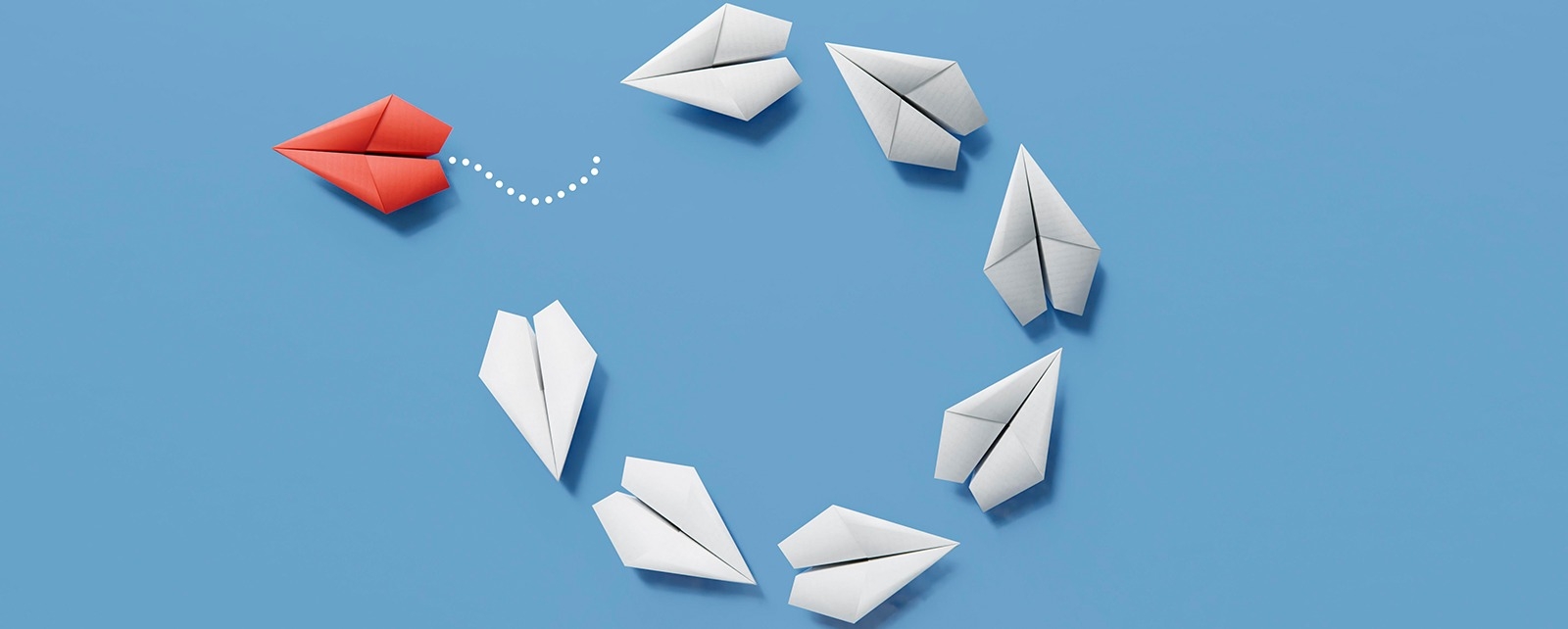The Science of Getting ReTweeted

Twitter today is a very important social media marketing tool, one which has increased the life and reach of any content. The number of ReTweets you get for any content on Twitter is often considered a measure for the popularity of the content cross the Tweeting community.
But did you know, that the number of ReTweets you get for a content is not purely dependent on the quality of the content shared or the strength of your network, but on how and when it is shared? Don’t believe? Here is scientific proof to prove these claims…
I recently came across this scientific research report called the ‘Science of ReTweets’ by Dan Zarrella, an award-winning social, search, and viral marketing scientist. The report was published in 2009 based on the data collected by Dan over the course of 9 months, beginning in December of 2008. The research is based on over 40 million ReTweets collected by Dan during this period, including Tweets that contain variations of “RT,” “ReTweet,” and “Via.” He also collected a random sampling of over 10 million “regular” Tweets that may or may not be ReTweets.
While the research is almost a year old, I feel some of its findings might still be relevant to our current Twitter marketing strategy, both for B2B and B2C companies. Below I share some data that interested me as a B2B Social Media Marketer.The research found that Tweets which had a link had more chances of getting ReTweeted, than pure text Tweets. According to Dan, links were 3 times more prevalent in ReTweets over normal Tweets – 19% to 57%. This is awesome, because this means that your Twitter network is willing to help you increase the traffic to your site, blog or any other page you are trying to promote.
It seems, requesting your followers to ReTweet your content to their network, is not a bad idea. However, you will only see people responding with more ReTweets to such a request if the content has a wider appeal.
Now, Twitter does ask ‘What’s Happening’, but you don’t really expect your followers to ReTweet stuff like ‘going to bed’, ‘had a really tiring day’ etc. except maybe if you are Lady Gaga or Ashton Kutcher ;) .The other observation, while words like – ‘Lol’, ‘hahaha’ etc. might be popular on Facebook – Twitter is in a different League, here the relationships are not always personal. People follow you, for who they perceive you are, based on their observation of the kind of content and expertise you freely share on the network. Facebook is a little more personal and close knit and wording your immediate reactions is the norm.
This could be an eye-opener for all those people, who have synced up their FB updates with Twitter, maybe you need to rethink your update strategy for each network differently.
Unlike popular perception ReTweets happen more on Wednesday, Thursday, reaching a peek on Friday. So far Monday, Tuesday and Wednesday was thought to be the most active Tweeting days. So if you have any important content you want to share or promote, maybe you should look at sharing it on these days as the chances of getting ReTweets and increasing its reach are higher.
Post noon, till around 6-7 PM EST (the same might apply across time zones) seems to be the time when you can get the maximum number of ReTweets.
One thing all who use Twitter especially to promote their business or content should note is that, a Tweet’s life is not more than 15 -20 minutes, hence to ensure your content does get the deserved visibility, you should tweet the same link with different Tweet content, multiple times. This will ensure, that more people see the Tweet in their timeline and also ReTweet if they like what they read.
While the science of ReTweets explains what works in making your Tweet more ReTweetable, I think the ground rule of getting more ReTweets is – building sound relationships within your network. If you take out the time to read a fellow Tweeter’s content, add your two cents and Tweet, the gesture is bound to be reciprocated.
Also, if you think the information you are sharing is useful to a larger audience, don’t forget to appeal to your fellow Tweeters, people have a lot of goodness in them and they usually oblige. But please refrain from making it a practice as it might put off many…
You can download the original report here – Science of ReTweets

Neelkant Ekbote
"The single biggest difference between successful and unsuccessful digital marketing is having a plan. A well-crafted marketing automation strategy acts as a roadmap to achieving your digital marketing goals."



